During my youth, I grappled with reading and writing difficulties. Constantly, I felt inadequate, battling to interpret words and make sense of sentence structures and meanings. Fearing ridicule or being labelled as unintelligent, I kept my struggles a closely guarded secret, never sharing them with anyone. After I left school and working in a series of low-level jobs, I recognized that to secure a more fulfilling role, I had to confront my issues with reading and writing.
I made a daily commitment to invest in self-improvement, fully aware of the need to address the area that caused me considerable embarrassment. My parents gifted me with a typewriter, and I began a daily practice of typing entire newspaper articles. This simple exercise helped me to slow down my thought processes, and I also used my finger to guide my eyes along the lines of text, ensuring I focused on each word.
Even though I taught myself to read and write, I continued to conceal this skills gap, plagued by self-doubt and uncertainty about my abilities. At times, I felt like an impostor, hesitating to express myself genuinely through written words. I believed I was ill-suited for roles that required professional communication. Fortunately, someone saw my potential – my boyfriend at the time, who is now my husband, Simon. He encouraged me to persist with my reading and writing practice, helping me overcome my perceptual weaknesses, challenges and helping me to see the humour in my jumble words, such as Jack Human, when it should be Hugh Jackman. To this day, I am profoundly grateful for his support, as it has transformed my life.
I am fully aware that many people grapple with varying degrees of difficulty in this area. I would like to share the following insights:
Are You Struggling?
If you find yourself struggling with reading, writing, and learning, be kind to yourself and never give up. We all possess the potential to improve our circumstances. You can consider enrolling in a structured learning program or seek guidance from a therapist. It is vital to open up to someone and share your experiences with learning difficulties; you may be pleasantly surprised by the support you receive.
The following are some of things I employed to support my learning:
Tip 1: Track Sentences
I used my finger to guide me through sentences, preventing my eyes from darting around the page. This simple technique acted as a guide, helping me read sentences from left to right and making it easier for me to process the entire sentence.
Tip 2: Word Lookup
While reading, if I encountered an unfamiliar word in terms of meaning or pronunciation, I made a conscious effort never to skip it. Instead, I noted it down and looked up its definition in the dictionary or Simon would help me learn how to pronoun the word and understand the meaning. I then revisited the sentence to understand how that word was used. Additionally, if Simon wasn’t around, I utilized online audio pronunciation tools to learn how to pronounce words correctly.
Tip 3: Positive Self-Talk
There were moments when I felt overwhelmed during my practice, but I learned to be kind to myself over time. This approach resulted in a "can-do" attitude that accelerated my progress. Even on frustrating days, I encouraged myself to keep going. I reminded myself I have my own unique learning style and pace and I didn’t need to rush and I discovered the most suitable times of day I was able to fully focus on my learning and studies.
Tip 4: Slow Down
Typing words from newspaper articles might seem unconventional for learning how to read and write, but it taught me to slow down my thought processes. This allowed me to absorb details and recognize common words within articles. Slowing down my reading pace enabled me to process information accurately and thoroughly.
Tip 5: Be Kind
Even today, my ability to read and write can be compromised by fatigue, distractions, or time constraints. When I notice that I'm struggling to retain information or make logical sense, I remind myself to slow down and be kind to myself. I don't let other people’s comments deter me from writing, even if they are seeing fault in my sentence structure or grammar. My focus is on expressing myself, sharing knowledge, and improving my communication. Even in the writing on this article, Simon continues to review and correct my work and times finding humor and frustration in my jumble words.
Just Write
The more I read and write, the less I feel like an impostor. Through persistence in this area, I had the opportunity to complete college and university courses, work in various roles across different sectors, pursue my visions, publish a book and starting The Mindful Space Initiative and creating the Iconic Inner Self app.
I encourage you not to be discouraged by what you perceive as learning difficulties; with practice and the guidance of a professional or loved one, you can narrow this gap. Through practice, you will strengthen these skills, exercise your confidence in this area and they can serve as a springboard to an amazing life.
If you know someone who may struggle with reading this article, consider sharing it with them by reading it aloud to them. This way, they too may discover how to unlock their hidden potential.

